Madam Curie by Eve Curie
Welcome to our journey through the pages of "Madame Curie," the remarkable biography of pioneering scientist Marie Curie, penned by her daughter Ève Curie. In this blog series, we'll explore each chapter, delving into the life and accomplishments of one of the most influential figures in the world of science. From her humble beginnings as Manya Sklodovski in Warsaw, Poland, to her groundbreaking discoveries that shaped modern science, we'll uncover the personal and professional challenges Marie Curie faced and the indomitable spirit that led her to become a trailblazer in her field. Join us as we embark on an inspiring voyage into the world of Marie Curie, celebrating her extraordinary life and enduring legacy.

Chapter 6 - The Long Wait
In this chapter, we delve deeper into the life of Marie Skłodowska Curie, then known as Manya, focusing on her early struggles and the personal growth she underwent during her time as a governess in rural Poland. She found herself in an increasingly complicated situation with the family she served, the Z's, as both she and the family's eldest son, Casimir, fell in love.
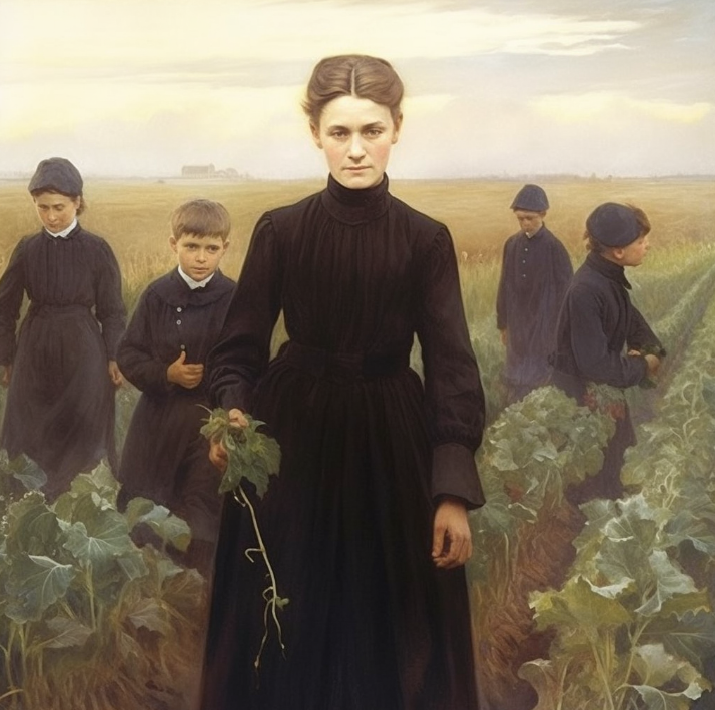
Chapter 5 - Governess
Chapter 5 explores Marie Curie's early life as Manya, a governess in rural Poland for the family of future mathematician Kazimierz Żorawski. Tasked with educating two girls, she navigated the challenges of her role while living in a vibrant household that included three other boys and two young children. Manya's employer, Monsieur Z, owned a 200-acre sugar beet farm and had significant ties to the local sugar factory, providing her with a connection to broader intellectual life through access to the factory's library.
Recognizing the local children's illiteracy, Manya proposed setting up a small school to teach Polish language and history. With the cautious support of Mme. Z, she began tutoring, eventually instructing as many as eighteen students daily. This chapter underscores Manya's strong belief in the value of education and the importance of sharing knowledge, a theme that would resonate throughout her life and contribute significantly to her future as the renowned scientist, Marie Curie.
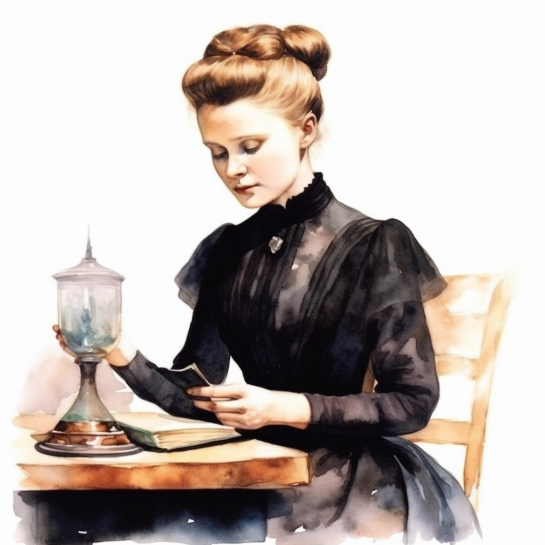
Vocations - Chapter 4
The fourth chapter of Eve Curie's biography of her mother, Marie Curie, offers us a fascinating glimpse into the life of one of the most influential scientists in history. Marie Curie's path to success was not without its challenges, and the themes that emerge in this chapter not only provide us with a better understanding of her accomplishments, but also inspire us to follow in her footsteps. In this blog post, we will explore the themes that contributed to Marie Curie's success, drawing lessons from her unwavering dedication and perseverance.
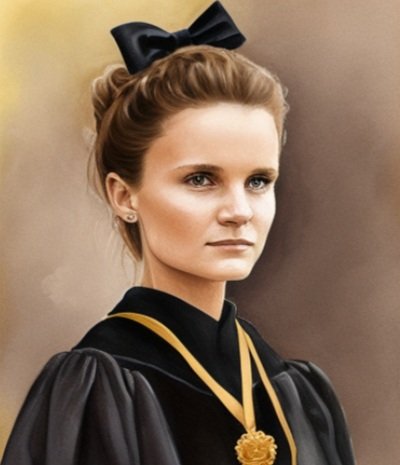
Adolescence - Chapter 3
This segment details a period of transition and exploration in Marie Curie's life. Bronya assumes responsibility for their home, filled more with boarders than family. Manya, engaged in the political climate, also develops a passion for dance, learning various classic styles. Upon completing her schooling at 15, she takes a leisurely year off, indulging in frivolous novels and confessing to feeling "incredibly stupid". This period also hints at her emerging fondness for French men, as she enjoyed a carefree life in the countryside, dancing passionately until dawn. This interlude reveals the vibrant personality that coexisted with her scientific genius.
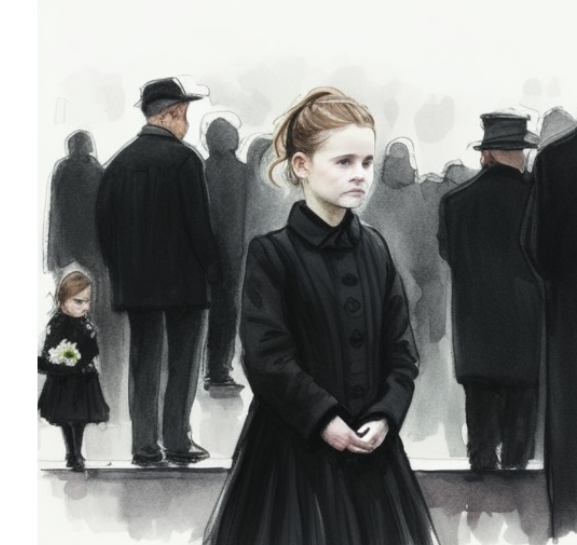
Dark Days - Chapter 2
Chapter 2 portrays a period of deep sorrow for young Manya as she grapples with personal loss and political oppression under Russian rule. As her family faces financial hardship and illness, including the devastating loss of her sister Zosia and her mother.
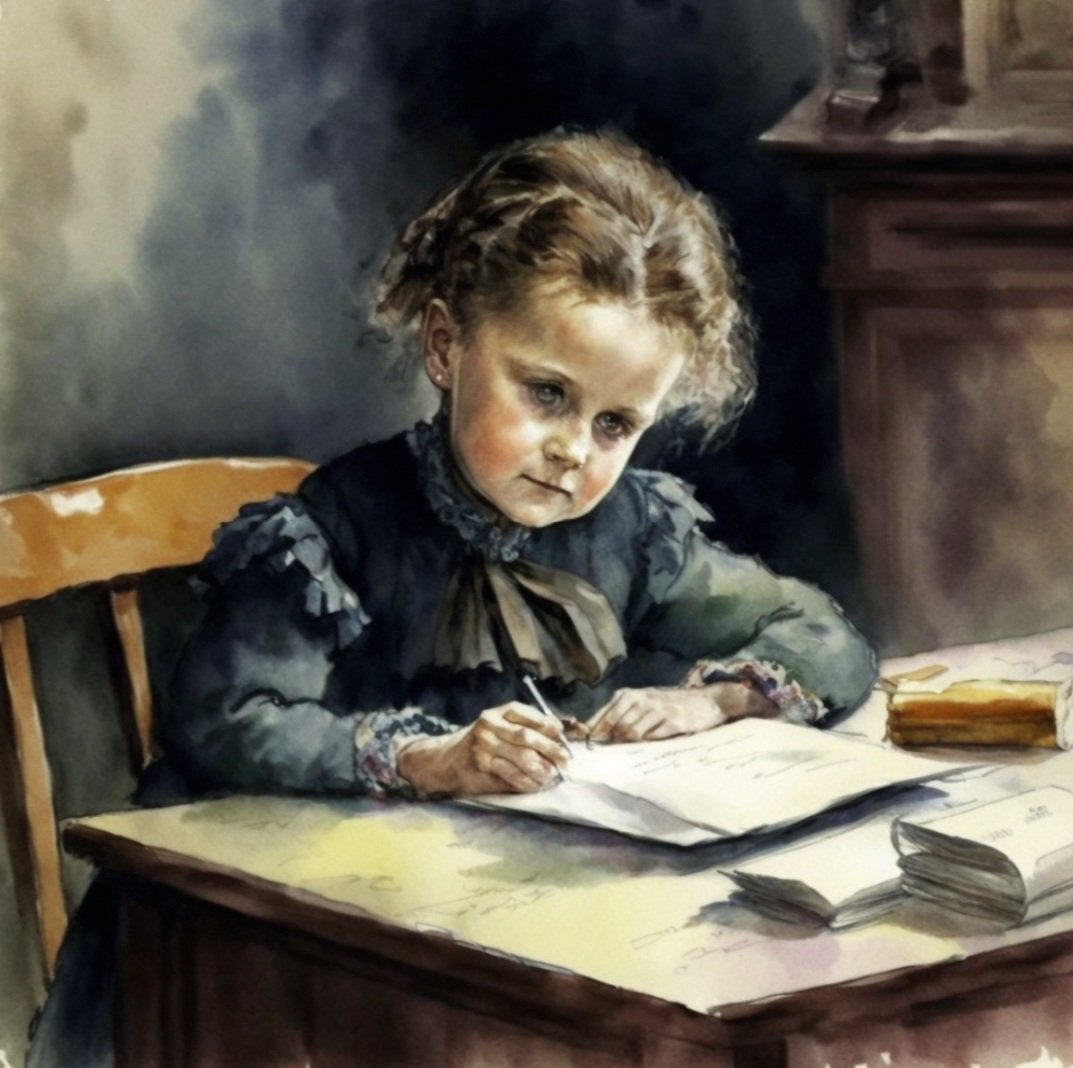
Manya - Chapter 1
We meet young Manya Sklodovski, who would later become the esteemed scientist Marie Curie. Growing up in a family that values education, she demonstrates exceptional intelligence from an early age, learning to read at just four years old. Despite facing oppressive Russian rule in Warsaw, Poland, Manya's thirst for knowledge remains unquenchable. Her parents, particularly her father Vladislav, inspire her curiosity in science through exposure to delicate laboratory instruments, setting the stage for the groundbreaking scientist she would become.